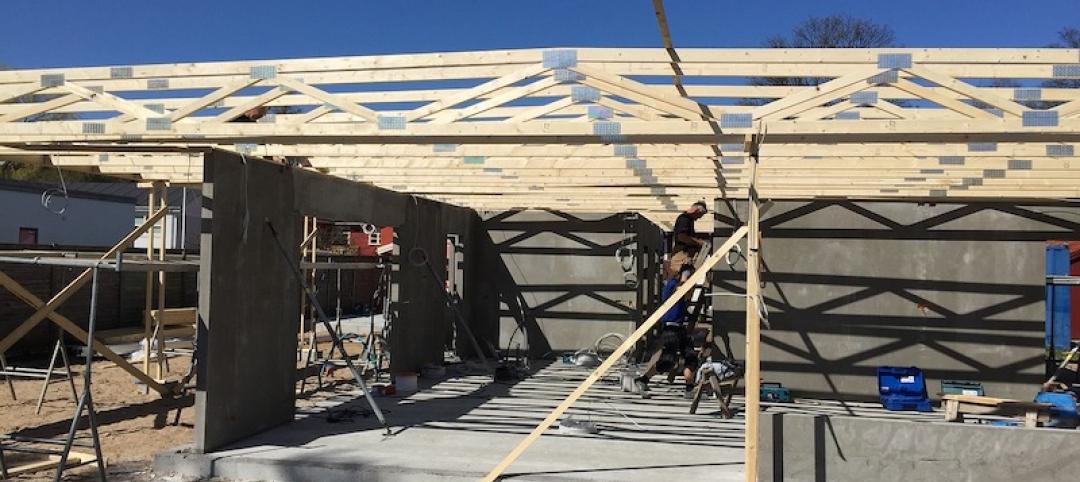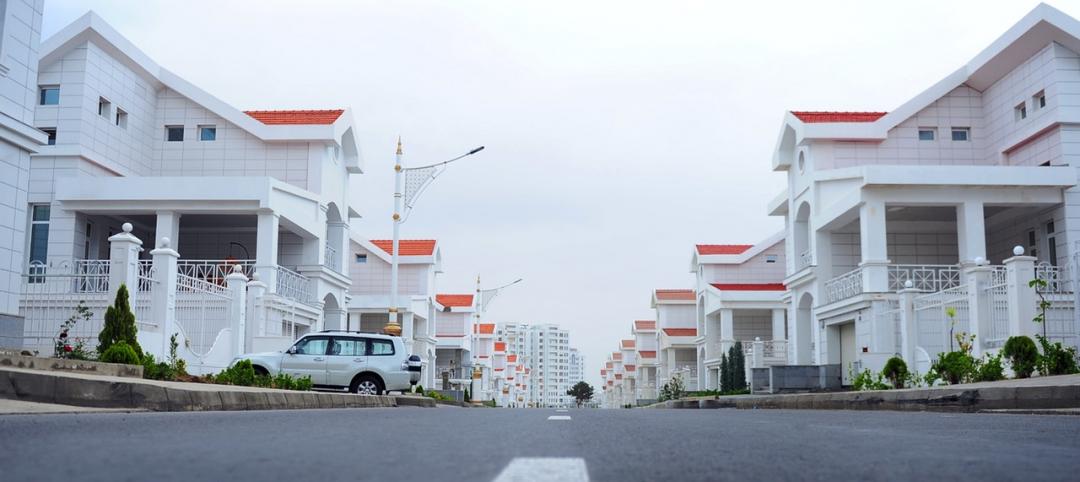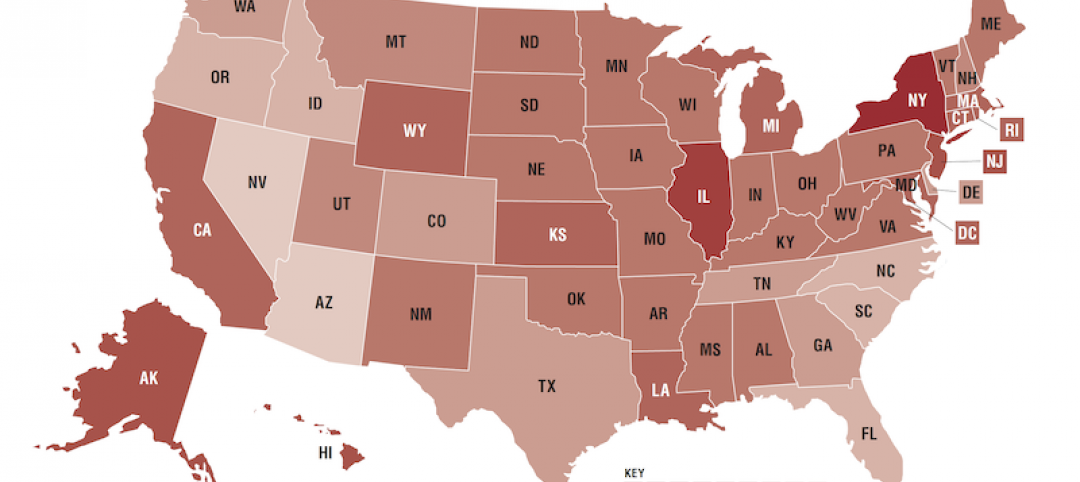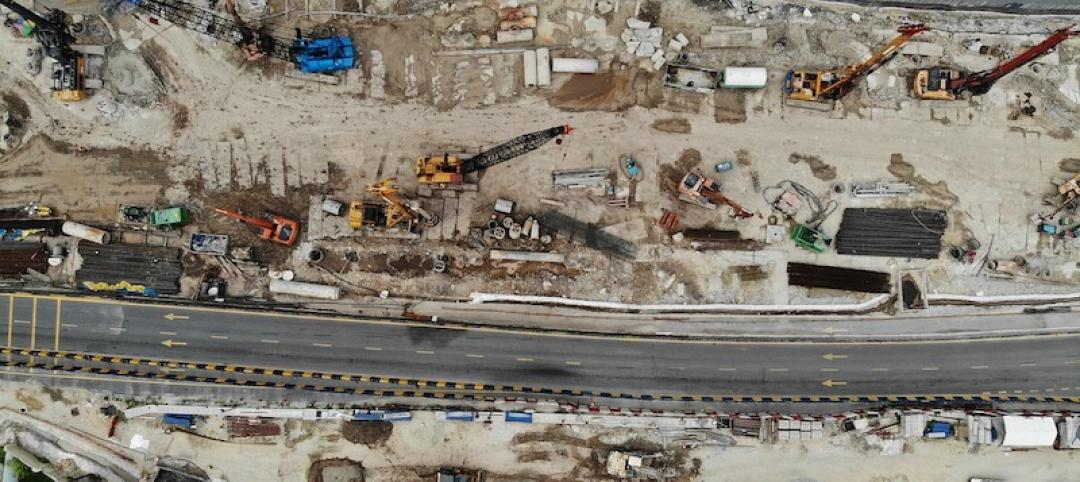In an effort to support the COVID-19 response, the American Institute of Architects (AIA) has launched a task force to help inform public officials, healthcare facility owners and architects on adapting buildings into temporary healthcare facilities.
“On a daily basis, I am hearing from our architects who feel a deep sense of moral duty to support our healthcare providers on the frontlines of this pandemic,” said AIA 2020 President Jane Frederick, FAIA. “As our communities assess buildings to address growing surge capacity, we hope this task force will be a resource to ensure buildings are appropriately and safely adapted for our doctors and nurses.”
AIA encourages federal, state and local government to adapt appropriate existing buildings to meet the growing healthcare and quarantine needs resulting from the COVID-19 pandemic.
The task force is charged with developing a COVID-19 Rapid Response Safety Space Assessment for AIA members that will include considerations for the suitability of buildings, spaces, and other sites for patient care. The assessment will be developed by architects with a wide range of expertise, including healthcare facility design, urban design, public health and disaster assistance.
“During the COVID-19 pandemic public health response there is an unprecedented need for the adaptive reuse of buildings to serve a variety of functions,” said environmental health scientist Dr. Molly Scanlon, FAIA, FACHA, who is the director of standards, compliance and research at Phigenics. “Architects and our allied design and construction professionals are in a unique position to leverage our advanced problem-solving skills to bring forth ideas for community implementation.”
The task force—chaired by Dr. Scanlon—plans to release its report in early April in an effort to help inform decisions to address the pandemic.
“This is a race against time for healthcare facilities to meet bed surge capacity needs” said AIA Academy of Architecture for Health President Kirsten Waltz, AIA, ACHA, EDAC, LEED, who is the director of facilities, planning and design at Baystate Health. “This task force will help inform best practices for quickly assessing building inventory and identifying locations that are most appropriate to be adapted for this crisis.”
Waltz and other members of the task force are helping bridge the needs of healthcare providers by modifying hospitals and smaller facilities to meet the growing bed surge demand and to increase areas for medical screening, triage, and other patient care.
Related Stories
Market Data | Nov 14, 2019
Construction input prices unchanged in October
Nonresidential construction input prices fell 0.1% for the month and are down 2.0% compared to the same time last year.
Multifamily Housing | Nov 7, 2019
Multifamily construction market remains strong heading into 2020
Fewer than one in 10 AEC firms doing multifamily work reported a decrease in proposal activity in Q3 2019, according to a PSMJ report.
Market Data | Nov 5, 2019
Construction and real estate industry deals in September 2019 total $21.7bn globally
In terms of number of deals, the sector saw a drop of 4.4% over the last 12-month average.
Market Data | Nov 4, 2019
Nonresidential construction spending rebounds slightly in September
Private nonresidential spending fell 0.3% on a monthly basis and is down 5.7% compared to the same time last year.
Market Data | Nov 1, 2019
GDP growth expands despite reduction in nonresident investment
The annual rate for nonresidential fixed investment in structures declined 15.3% in the third quarter.
Market Data | Oct 24, 2019
Architecture Billings Index downturn moderates as challenging conditions continue
The Architecture Billings Index (ABI) score in September is 49.7.
Market Data | Oct 23, 2019
ABC’s Construction Backlog Indicator rebounds in August
The primary issue for most contractors is not a lack of demand, but an ongoing and worsening shortage of skilled workers available to meet contractual requirements.
Multifamily Housing | Oct 16, 2019
A new study wonders how many retiring adults will be able to afford housing
Harvard’s Joint Center for Housing Studies focuses on growing income disparities among people 50 or older.
Market Data | Oct 9, 2019
Two ULI reports foresee a solid real estate market through 2021
Market watchers, though, caution about a “surfeit” of investment creating a bubble.
Market Data | Oct 4, 2019
Global construction output growth will decline to 2.7% in 2019
It will be the slowest pace of growth in a decade, according to GlobalData.

















